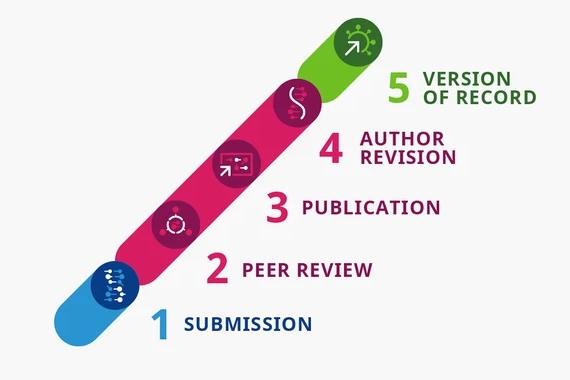Is it time to change scholarly publishing as we know it? How eLife aims to increase equity and transparency in journals through a new model of peer review, preprints, and open access

Scholarly journals evolved in a print world where they had to be selective and do a lot of review and filtering up front, because of physical limitations on how much they could publish and distribute. In a digital world, these constraints are no longer necessary, opening up space for innovation and improvements. Nowhere is this clearer than in the recent growth of preprints, where authors take control of when to share their work. But in a world where preprints are commonplace, what is the role of the journal? eLife, a not-for-profit, peer-reviewed, open access scientific journal for the biomedical and life sciences, has been exploring this question, and recently announced new changes to its model to focus on detailed preprint assessment instead of binary accept/reject decisions. This lead to a great deal of discussion in the community about how journals could or should work, and the pros and cons of this kind of model for researchers, research assessment, and science more broadly. Damian Pattinson, Executive Director of eLife, will be in Durham on Monday March 20, and will join members of the Duke community to explain the new eLife model, what it aims to do, and to engage us in conversation about it. Come with your questions and ideas, and learn more about a potential new model for scholarly journal publishing.
This event will be held in The Edge Workshop Room (Room 127) on the first floor of Bostock Library on Duke's West Campus. It is open to members of the Duke community and anyone interested in this topic.
This will be an in-person event. Masking is encouraged.







